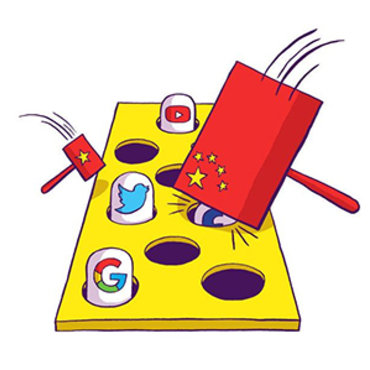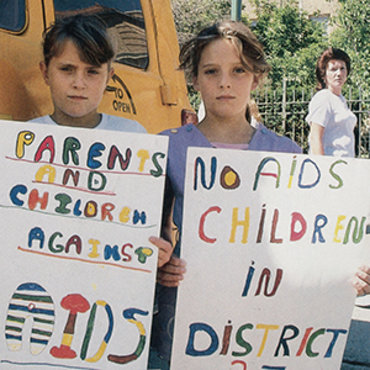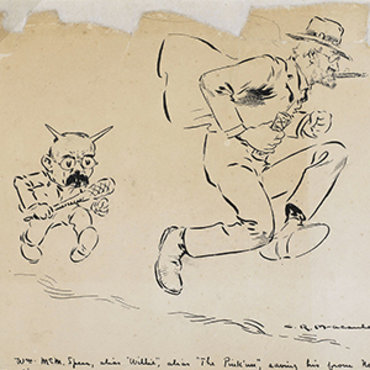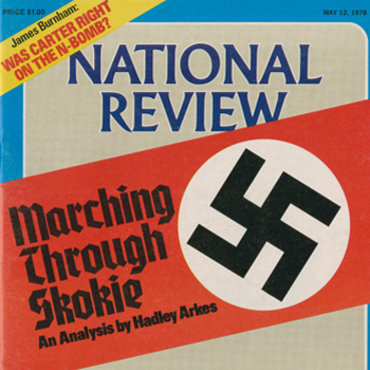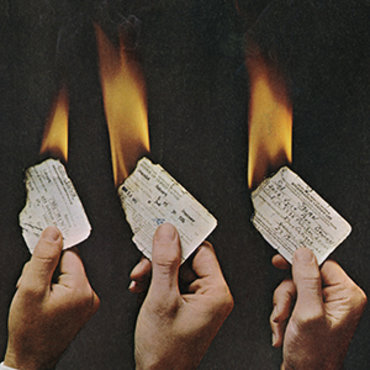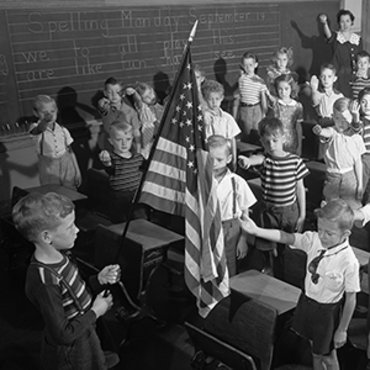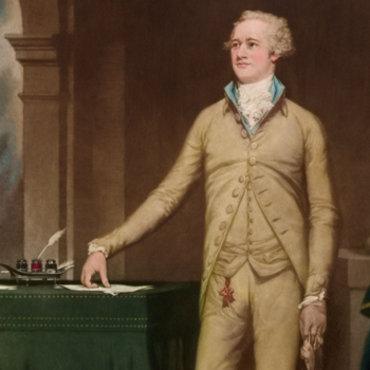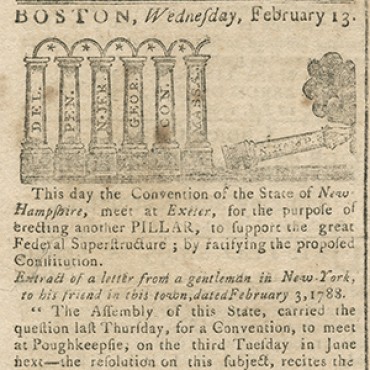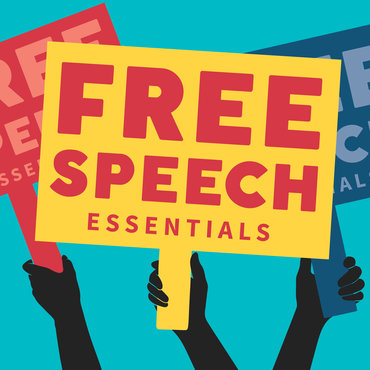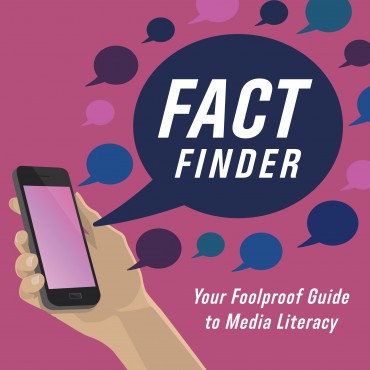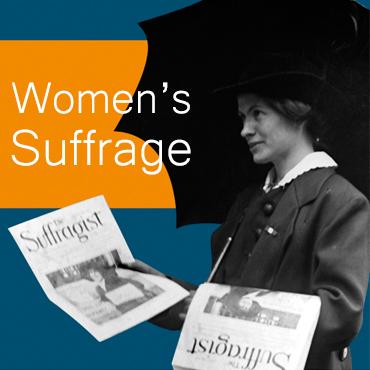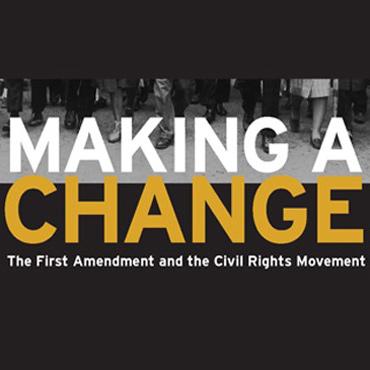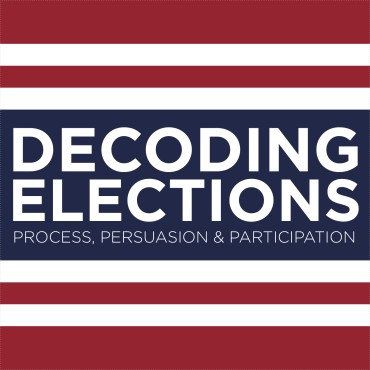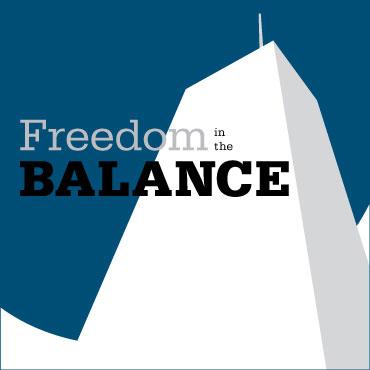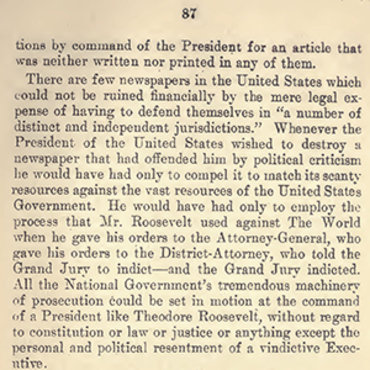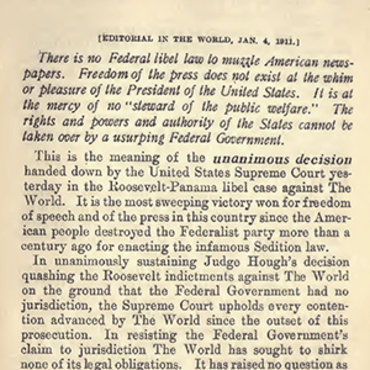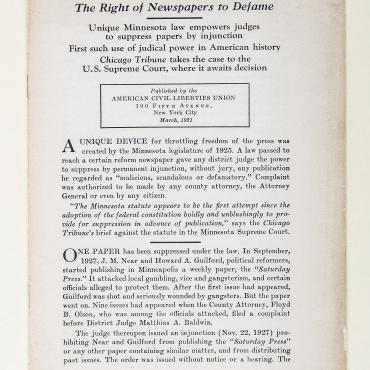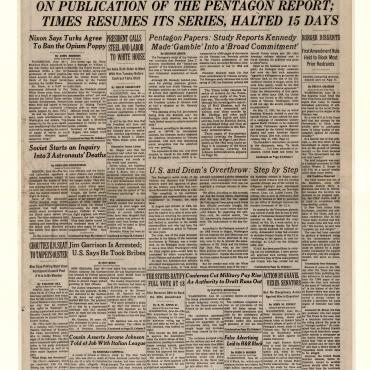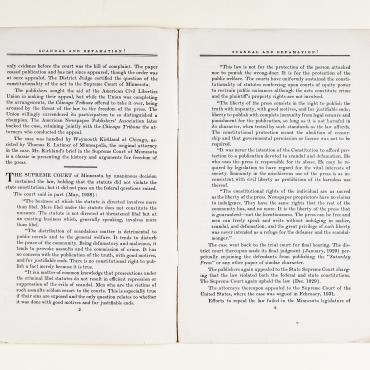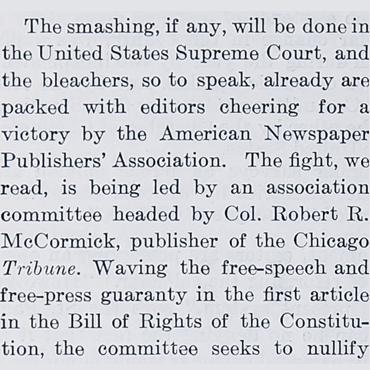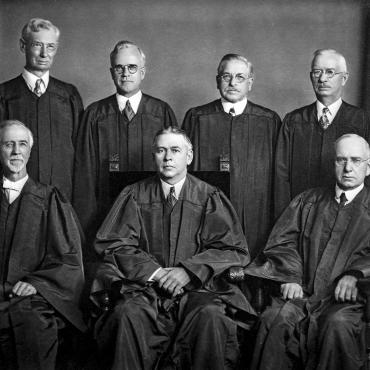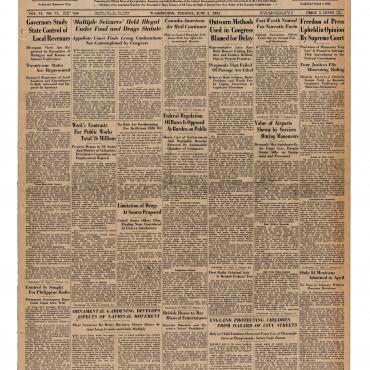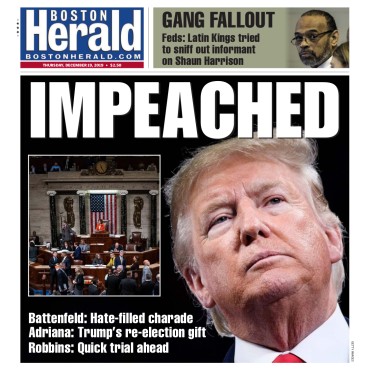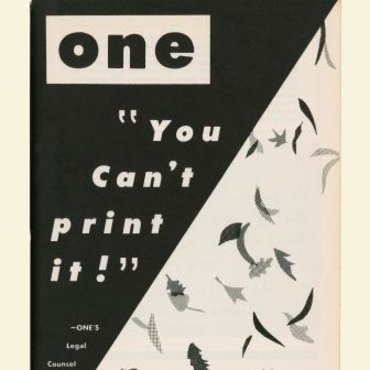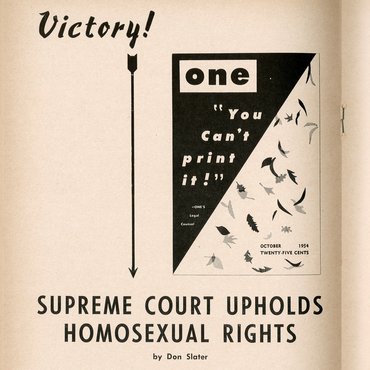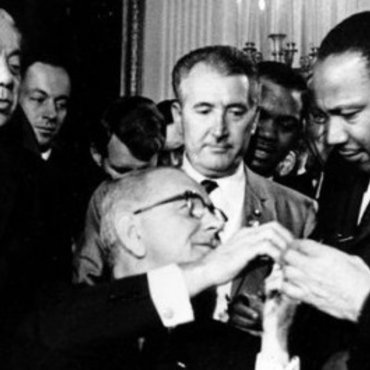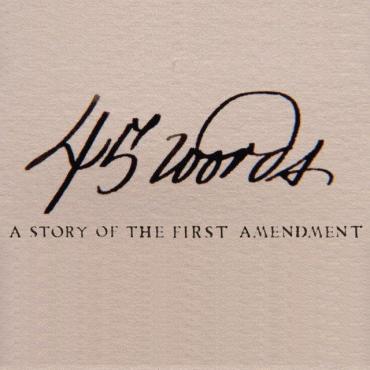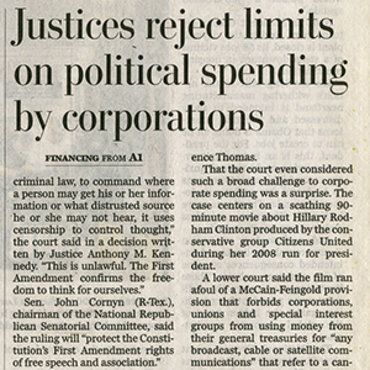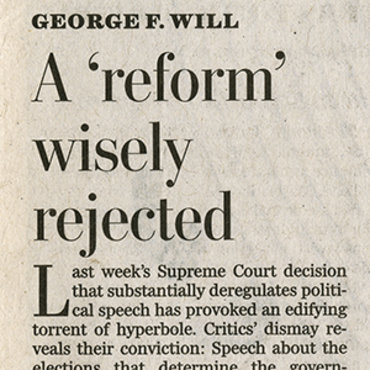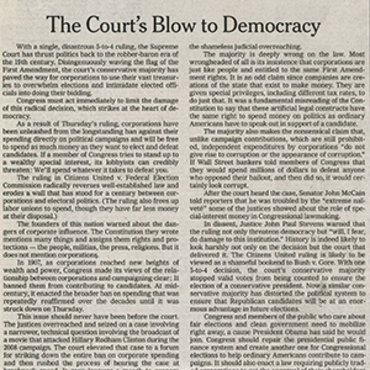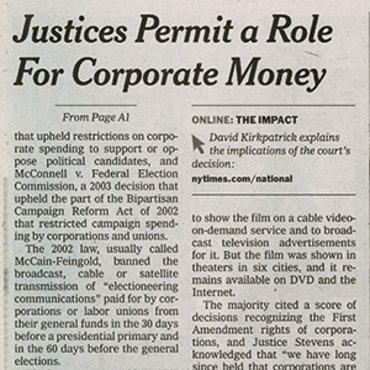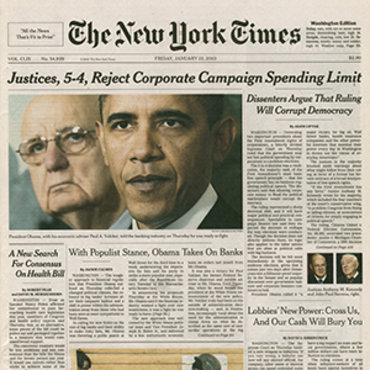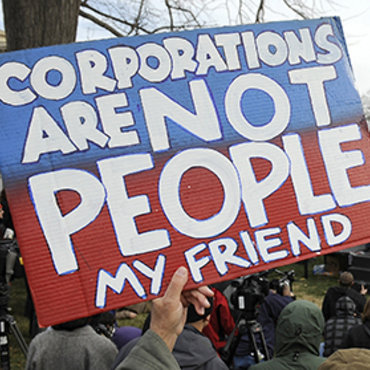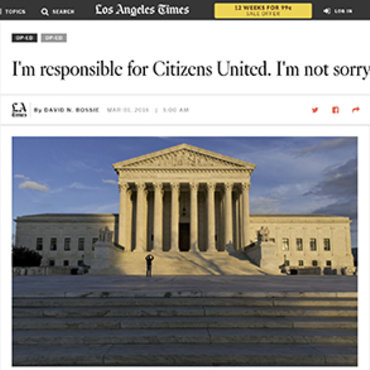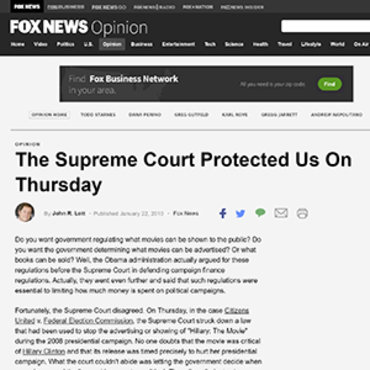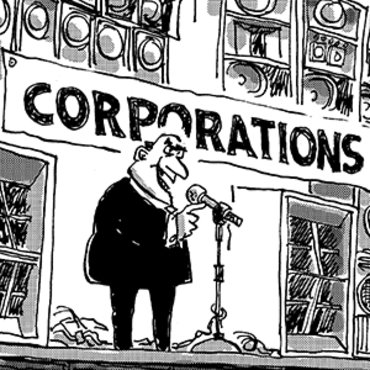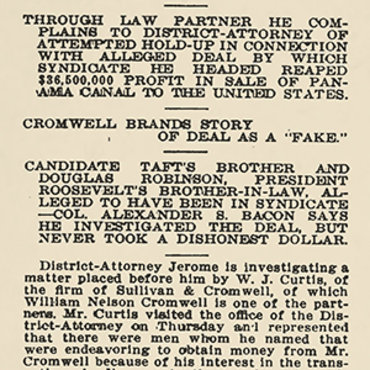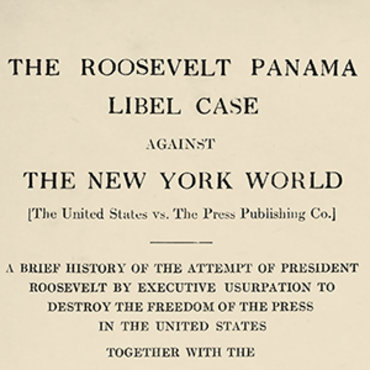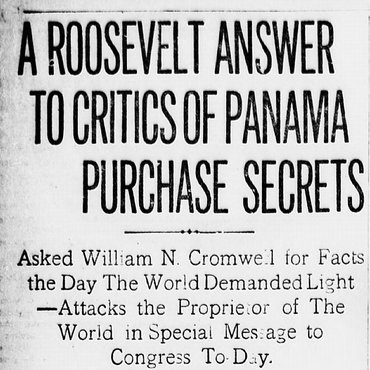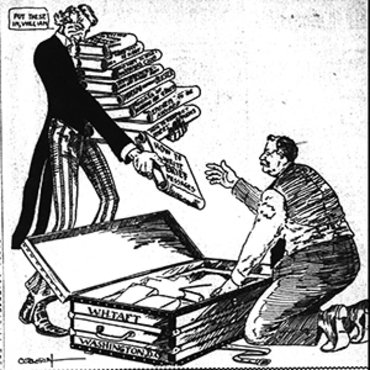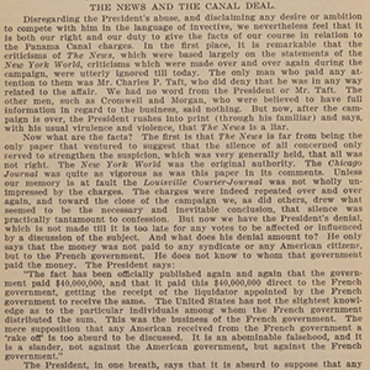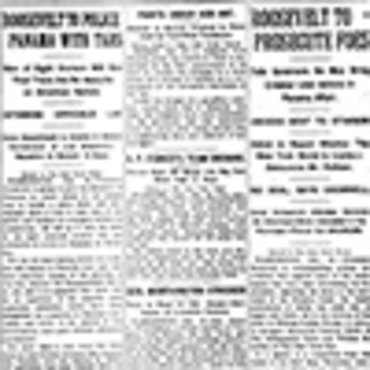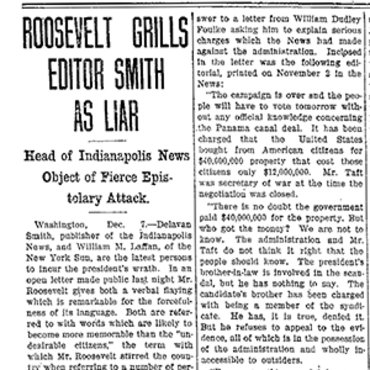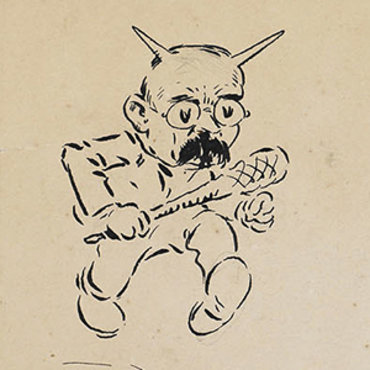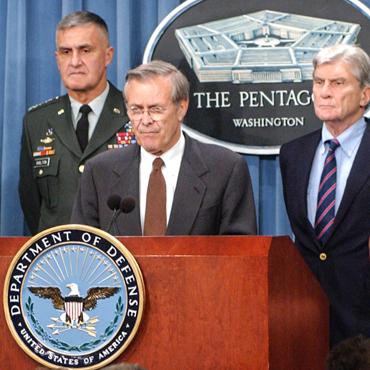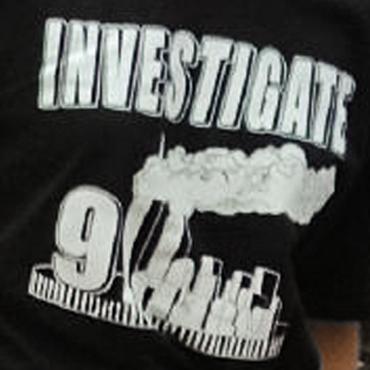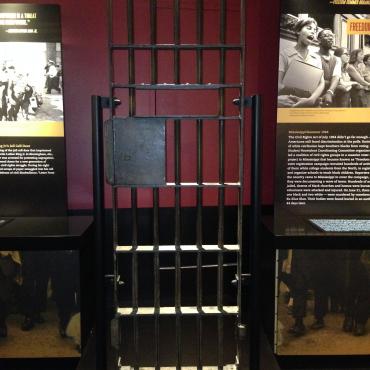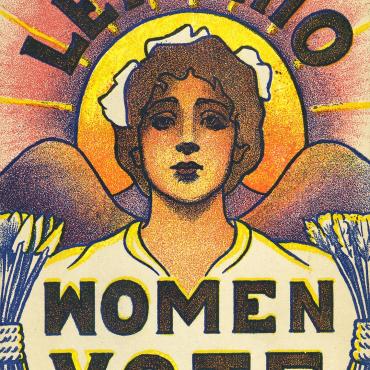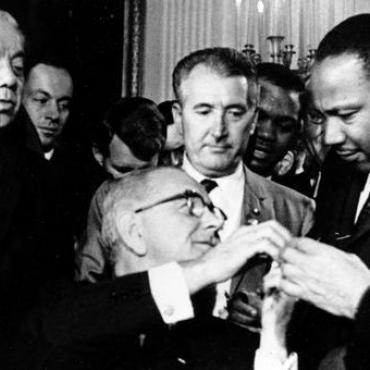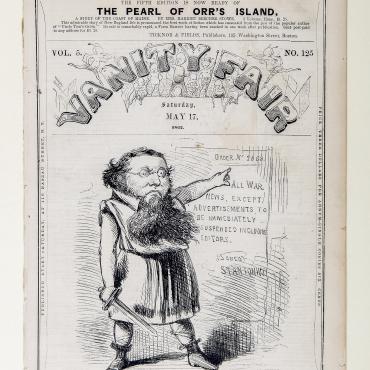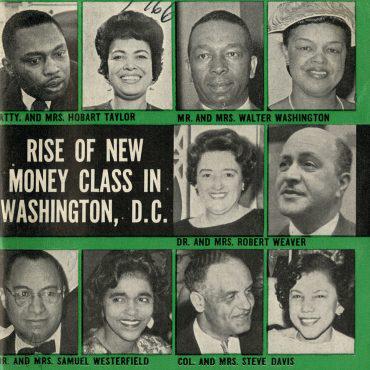1908: The President Versus the Press
Should the president be able to prosecute journalists for publishing critical stories?
Get even more great free content!
This content contains copyrighted material that requires a free NewseumED account.
Registration is fast, easy, and comes with 100% free access to our vast collection of videos, artifacts, interactive content, and more.
NewseumED is provided as a free educational resource and contains copyrighted material. Registration is required for full access. Signing up is simple and free.
With a free NewseumED account, you can:
- Watch timely and informative videos
- Access expertly crafted lesson plans
- Download an array of classroom resources
- and much more!
This Critical Debate is part of a Debate Comparison:
See all Debate Comparisons- Constitution
- Journalism
- Politics
- Supreme Court
- 7-12
- College/University
Do your students know what they’re free to say online? At school? On a public street corner?
From censorship to cyberbullying, the First Amendment and the freedoms it protects are as hotly contested as ever. This case study is part of our EDCollection that explores 16 real free speech debates ranging from the founding of our nation to recent headlines to illustrate what free speech actually means, where it comes from, and how far it can go. It’s information everyone needs to voice their opinions and shape our society.
Using This EDCollection
This EDCollection is designed to meet the needs of a wide range of circumstances and curricula. Whether you’re a social studies teacher looking for a complete unit or an English teacher looking to spend a single class period on free expression, there’s something for everyone. This complete package will lead students to the outcomes below.
Build Fact-Based Arguments
The Free Speech Essentials curriculum aligns with state and national standards as it guides students to take a position, find evidence to support it, and make a compelling presentation to their peers. Potential evidence includes:
- Writings, images and video from 1787 to 2018
- Primary and secondary sources
Connect Past and Present
Six of the eight pairs of case studies in this EDCollection juxtapose real historical and contemporary debates on a key free expression question. These pairs allow students to explore the historical origins of a key question — and get context for tackling today’s hot-button issues. The other two pairs provide different perspectives on a contemporary issue. Topics include:
- Federalism and Facebook
- Presidents and the press
- Censorship and cyberbullying
Keep Calm (and Debate On)
Our case studies are structured to help students experience the passion of the real players, while still practicing productive debate. We provide everything you need to prepare and fully support your students as they engage in civil discourse and debates:
- Overviews of the outcomes
- Clear scenarios and suggested positions
- Suggested discussion prompts.
Today’s social and political landscape can sometimes make free speech and First Amendment controversies seem too explosive for classroom exploration. We’ve created Free Speech Essentials to give you the tools you need to start tackling these vital topics with confidence and create enriching experiences for your students.
— The NewseumED Team
THE CASE
You are a legal adviser to President Theodore Roosevelt. The (New York) World and other newspapers recently printed stories alleging that friends of the president made money off the U.S. government’s decision to purchase the Panama Canal. The stories claimed that these Americans had inside knowledge of Roosevelt’s plan to pursue a canal in Panama over other options and were able to profit from this information.
The stories did not provide hard evidence to back up these claims, and they didn’t prevent Roosevelt’s fellow Republican William Howard Taft from winning the recent presidential election. But the reports embarrassed the Republican Party and may have cost them some seats in Congress. As well, a congressman has introduced a resolution to formally investigate who profited from the canal purchase. Roosevelt says the news reports are false and are “blackening” the country’s reputation. He thinks the U.S. government should prosecute The World and The Indianapolis News for criminal libel, which involves knowingly publishing a false statement that causes damage to the public.
The newspapers argue that they should be protected by the First Amendment; they are doing their job as a watchdog looking out for government corruption and keeping the American people informed. They claim they only lacked hard evidence because of steps taken to erase all records of the company involved in the canal deal.
Should the president pursue criminal charges against the publishers who have accused him of corruption?
-
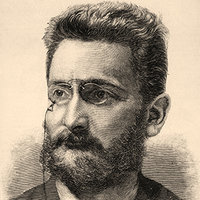 ?
?Joseph Pulitzer owned The (New York) World. He worried about the potential consequences for freedom of press if Roosevelt's libel lawsuit succeeded.
Newseum CollectionNo, the president should not prosecute the publishers.
Even if the president does not agree with these criticisms, the publishers are protected by the First Amendment. The president can criticize the content of the stories without pressing criminal charges.
“Mr. Pulitzer saw in this attempt a dangerous and deadly assault upon the liberty of the press — an attempt to control it by the colossal power of the Federal Government. He determined to make a fight against it, not on his personal account alone, but because of the great principle involved.”
-
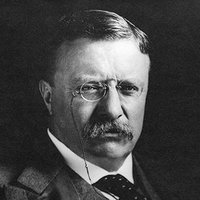 ?
?Theodore "Teddy" Roosevelt served as the 26th president of the United States (1901-09).
Newseum Collection/William T. Fall Estate/Courtesy David and Ellen ConboyYes, the president should prosecute the publishers.
The president is only trying to stop damaging attacks, not silence the free press. By printing these rumors without proof to back them up, the newspapers may be misleading the public and are making the nation and its leaders look bad.
“It is therefore a high national duty to bring to justice the villifier of the American people, this man who wantonly and wickedly and without one shadow of justice seeks to blacken the character of reputable private citizens and to convict the government of his own country in the eyes of the civilized world of wrongdoing of the basest and foulest kind, when he has not one shadow of justification of any sort.”
- Why did the nation’s founders decide to protect freedom of the press? What is the role of a free press in the United States? What kind of stories should it be covering?
- To what extent, if any, should presidents interfere with the press?
- Could a criminal libel prosecution by the government in this case endanger freedom of press? Why or why not?
- The definition of criminal libel requires that harm or damage has been done to the public. In this case, how would argue that printing these stories harmed the American public? How would you argue that it did not?
- Could choosing to do nothing about these stories harm the reputation of the country and/or its leadership? Why or why not?
- Should the press be held to higher standards of information during election years, when their reports could impact the outcome at the polls?
- How is the president’s position different from other private individuals or other politicians named in the newspapers’ stories?
